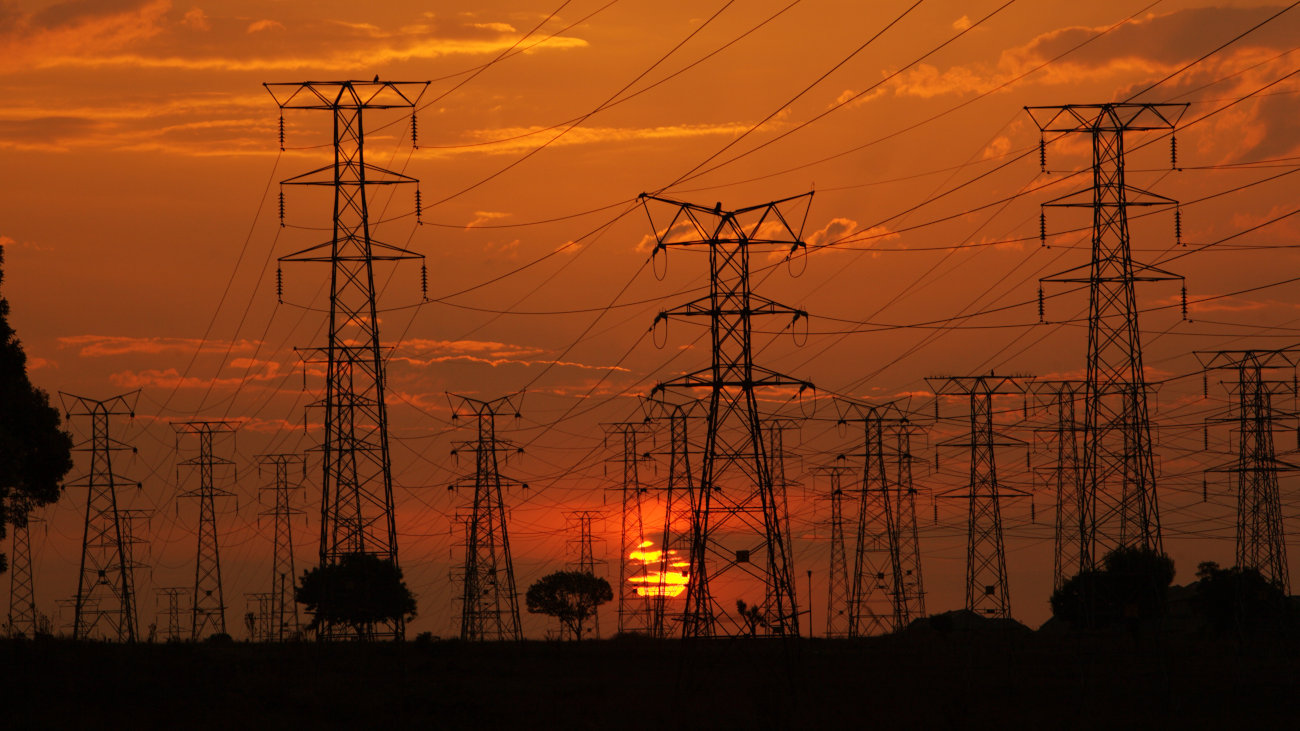All Services
- Management overview
- Cost and commercial management
- Digital consulting
- Economics, policy and regulation
- Health and care systems
- Investment and business case
- Land consultancy
- Operations and maintenance
- Procurement and supply-chain
- Project and programme management
- Risk and planning
- Strategic asset management

Expert insights on issues that transform business, increase sustainability and improve lives

Meet some of our passionate problem-solvers, constructive creatives and inspiring innovators

Large energy users need support to create green growth
Large energy users feel positive that the transition to net zero will benefit their business and sector, but still find it challenging to win investment for green initiatives
Connections reform to make it quicker and easier to connect to the grid is desperately needed, say most respondents to our survey
Organisations are seeking more energy independence by installing their own generation, storage and micro-grid infrastructure
Energy-intensive infrastructure organisations are optimistic about the net zero transition but are calling for government support on alternative fuels and faster grid connections.
The UK government was elected last year with an agenda to achieve green growth, that creates jobs and wealth while decarbonising the economy for the least cost.
So what are the prospects for this? To find out, we recently partnered with Energy Live News to survey 130 large energy users – manufacturers, ports, airports, water companies and the owners of transport infrastructure, among others – which have energy bills of at least £100,000 a year, and which are significantly affected by decarbonisation and energy policies. We wanted to explore the measures that they believe are necessary to stimulate green growth.

Here are the top five things we learned:
- There is optimism about the green transition, but investment is a challenge. Most respondents (86%) agreed or strongly agreed that the energy transition would benefit their sector, and 82% believed that it would benefit their business specifically. However, despite this positivity, 72% said it was difficult or very difficult to attract investment for net zero and energy transformation initiatives. This may indicate that more work is needed to formulate effective business cases to persuade those holding the purse strings.
- Companies don’t expect energy bills to fall any time soon. 71% of respondents expect energy prices to rise over the course of the next five years. With recently announced statistics showing that UK electricity prices are already the highest in the developed world, this highlights the long-term nature of the challenge.
- Connections reform is desperately needed. One of the key issues identified by 58% of respondents was the need for faster grid connections. Connections to the transmission grid are often required for energy-intensive processes such as manufacturing, but companies can wait years to get connected, hindering growth and employment as well as decarbonisation efforts. The government’s Clean Power 2030 Action Plan includes connections reform for key industries – a process that will be led by the new National Energy System Operator. Our survey shows that it can’t come soon enough.
- The private sector needs support on low carbon fuels. 64% of respondents wanted the government to do more to push the deployment of low carbon fuels, such as hydrogen and sustainable aviation fuel. This highlights that, while companies see the benefits of sustainable fuels across the economy, the private sector alone is unable to deliver the infrastructure to make the transition viable.
- Organisations are seeking greater energy independence. 63% are looking to invest in their own on-site generation and storage, becoming more self-sufficient. They are also taking measures to cut energy use through energy efficiency in buildings (82%) and digital energy management solutions (39%). In the absence of policy to deliver lower prices, it seems that large energy users are taking matters into their own hands, deploying micro-grids and on-site solutions to fulfil their own needs for affordable and secure power.
If the government is serious about supporting green growth, then our survey shows that infrastructure for alternative fuels and faster grid connections for essential users should be priorities. The government needs to harness the general positivity of the businesses towards energy transition, and help them overcome the challenges presented by the current market conditions through improved policy design.
Most of the organisations we surveyed face a long and technically complicated path to achieve net zero. Energy transformation is fundamental to achieving this goal.
In addition to government interventions to support transformation, the energy users face a challenge: energy is not their core business and they often lack the in-house expertise required to take bold strategic actions and investment decisions regarding energy.
Expert support will in many cases be essential, alongside investment, regulation and policy, to achieve change at pace.
Rosa Rotko, project director for energy transformation, Mott MacDonald
You might also be interested in
Subscribe for exclusive updates
Receive our expert insights on issues that transform business, increase sustainability and improve lives.